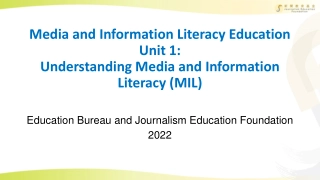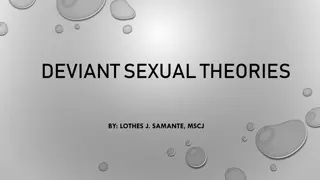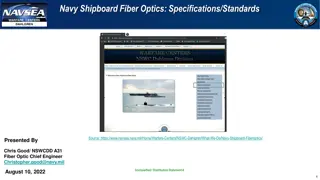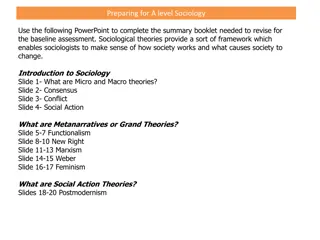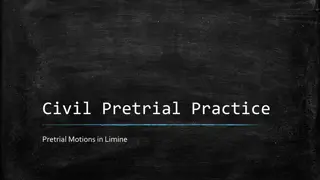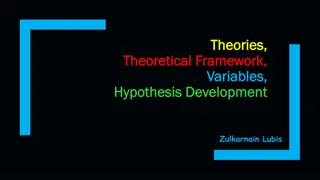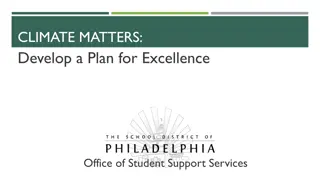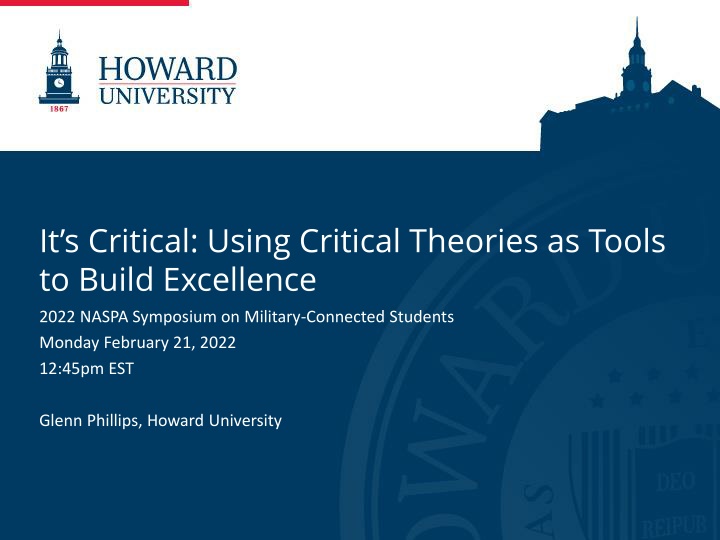
Using Critical Theories for Veteran Services Excellence
Explore how critical theories can enhance veteran services at the 2022 NASPA Symposium on Military-Connected Students. Learn about foundational critical theories, practical steps for implementation, and the five faces of oppression to promote emancipation and empowerment.
Download Presentation

Please find below an Image/Link to download the presentation.
The content on the website is provided AS IS for your information and personal use only. It may not be sold, licensed, or shared on other websites without obtaining consent from the author. If you encounter any issues during the download, it is possible that the publisher has removed the file from their server.
You are allowed to download the files provided on this website for personal or commercial use, subject to the condition that they are used lawfully. All files are the property of their respective owners.
The content on the website is provided AS IS for your information and personal use only. It may not be sold, licensed, or shared on other websites without obtaining consent from the author.
E N D
Presentation Transcript
Its Critical: Using Critical Theories as Tools to Build Excellence 2022 NASPA Symposium on Military-Connected Students Monday February 21, 2022 12:45pm EST Glenn Phillips, Howard University
Shameless Plug Howard University is looking for a new Coordinator of Military and Veteran Affairs. If you or someone you know may be interested, please reach out (glenn.phillips@howard.edu).
Presenter Director of Assessment Interim Coordinator of Veteran and Military Affairs Critical Theory Researcher Adjunct Faculty at Howard and Georgetown Civilian
Learning Objectives Participants will be able to explain the foundational purpose of critical theory Participants will be able to identify foundational tenets to select critical theories Participants will be able to consider the application of critical theories to veteran services
What Is Critical Theory? Critical theory is a way to understand the experiences of individuals living under a series of structures and work towards their emancipation.
Foundational Critical Theories Feminist Theory Critical Race Theory Disability Theory Veteran Critical Theory Queer Theory Border Theory
Practical Steps Identify Structures Understand Experiences Looking at your university and its broader context, what kind of structures of oppression exist? Work Towards Emancipation How do your students interact with these structures of power/oppression? In what ways do they benefit, and in what ways do they suffer? What steps can be taken to relieve suffering, extend benefit equally, or undue the structure that promotes suffering?
Five Faces of Oppression (Young, 1990) Cultural imperialism involves the universalization of a dominant group's experience and culture, and its establishment as the norm. (Young, 1990,p. 59) Marginalization Cultural Imperialism Violence Exploitation Powerlessness
A quick example Admissions
Critical Questions How are civilian students privileged? How do student veterans experience the binary of being both a veteran and a student? In what ways is veteranness a construct and how is it weaponized against veterans? In what ways are our female student veterans treated differently than our male student veterans In what ways are our combat veterans treated differently than our non-combat veterans?
Veterans are not broken; institutions are broken.
Veteran Critical Theory Structures, policies, and processes privilege civilians over veterans Veterans experience various forms of oppression and marginalization including microaggressions Veterans are victims of deficit thinking in higher education Veterans occupy a third space (country) on the border of multiple conflicting and interacting power structures, languages, and systems VCT values narratives and counternarratives of veterans Veterans experience multiple identities at once Veterans are constructed (written) by civilians, often as deviant characters Veterans are more appropriately positioned to inform policy and practice regarding veterans Some services advertised to serve veterans are ultimately serving civilian interests Veterans cannot be essentialized Veteran culture is built on a culture of respect, honor, and trust
Contact glenn.phillips@howard.edu (979) 412-1691

